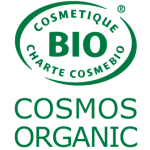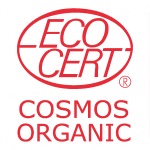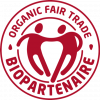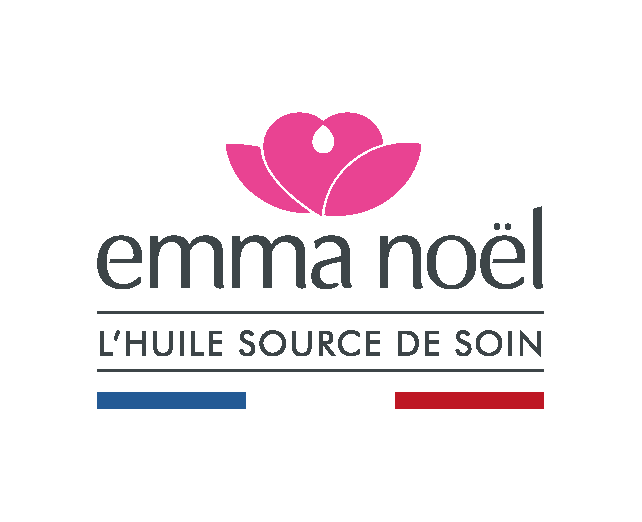Organic and Ethical promises

QUALITY, SECURITY & ENVIRONMENT
Our products are manufactured and supplied in accordance with current specifications, certifications and regulations. For this purpose, from the design of new projects and changes to existing installations, we integrate quality, security and environment aspects. We will not compromise your confidence in terms of the security, legality and quality of our products.
We contribute to maintaining and developing organic, fair, solid and sustainable farming, through our membership of the « BioPartenaire » association.
With this objective, we created the Foundation Emile Noël in Mali to develop and consolidate our sesame subsidiary.

COMMITMENT & CHARTER
WHY ORGANIC COSMETICS?
For several years, research laboratories involved in certification have been developing very high quality products, with the benefits provided by organic ingredients which they contain. The BIO and ECO logos identify them today.
In conventional cosmetics, there are many synthetic ingredients and animal-based ingredients still persist. It is difficult to evaluate the effects of these products on our skin after years of using them, or the consequences of these processes considered to be polluting for the environment.
UNDERSTAND THE ORGANIC LABEL
An organic cosmetic product can contain a tiny amount of synthetic products (authorised preservatives needed to protect a product).
An “ORGANIC” product is a natural, plant or animal production ingredient (example: honey) which can be certified according to organic farming production regulations.
Some ingredients called “natural” cannot come from organic farming, such as:
- Ingredients of natural origin as they undergo a gentle transformation (like hydrolysis, condensation, hydrogenation etc.)
- Natural ingredients which are not of plant or animal origin (like an ingredient of mineral, marine origin or like water).

INSPECTIONS AND CERTIFICATIONS

The current COSMOS specifications:
On the total of the product, limitation of the petrochemical origin, ie 95% minimum of ingredients of natural origin
95% minimum of organic ingredients on all ingredients that can be organic
20% minimum of organic ingredients on the total of the product
More information :

Ecological and organic cosmetics Certified by Ecocert Greenlife according to the Ecocert standard available on:

The BIOPARTENAIRE® Association brings together Small and Medium-Sized Companies concerned, from their origin, to produce according to criteria of sustainable development.
The logic is global and ultimately involves all the actors in the chain: the farmers who produce, the companies who process, the distributors and the consumers who use the products.
To know more :
